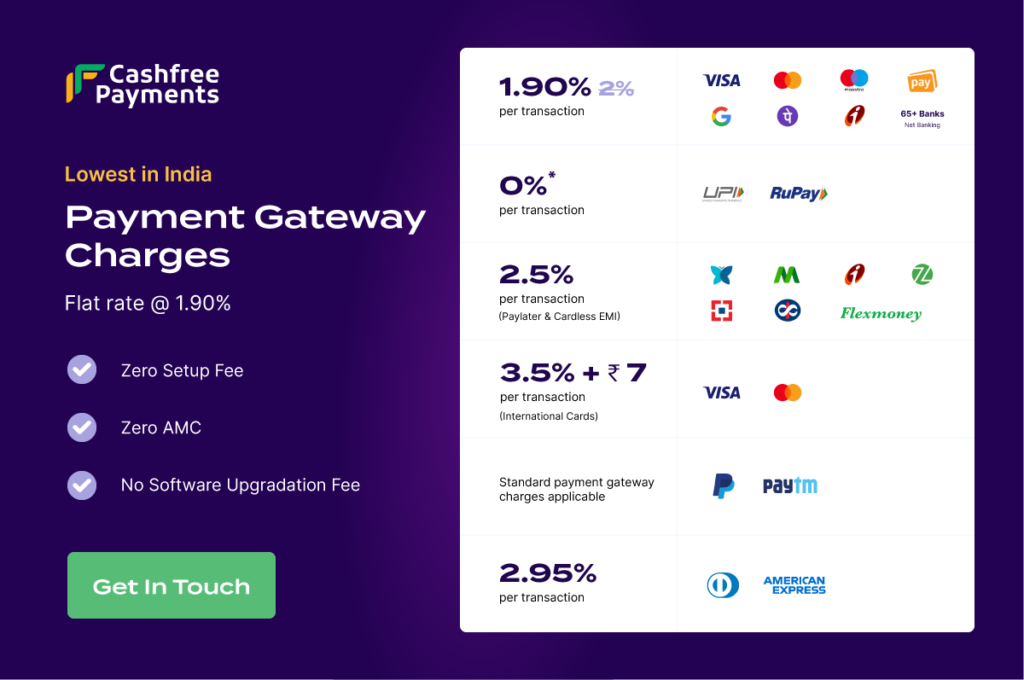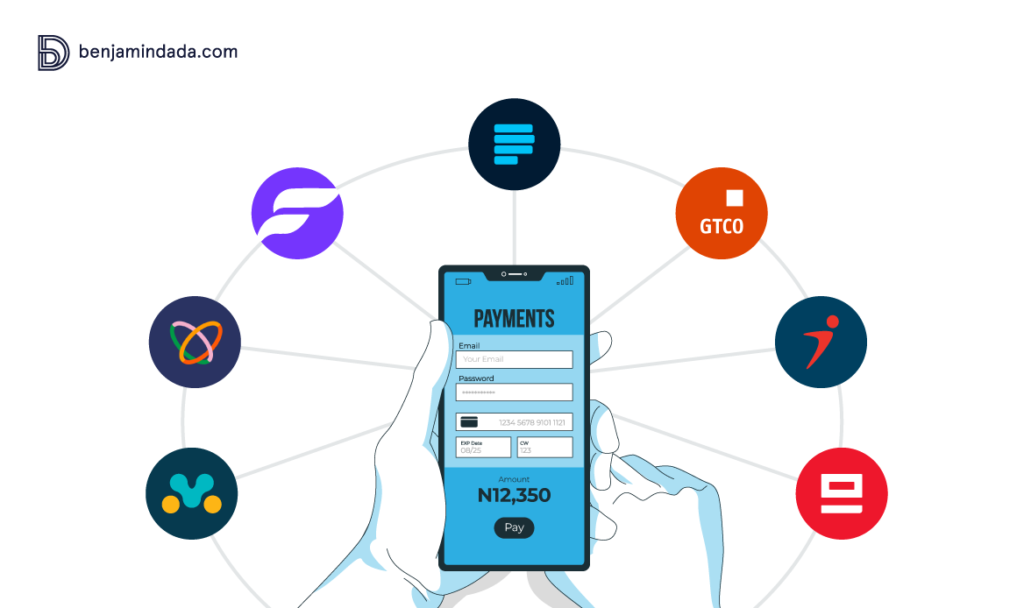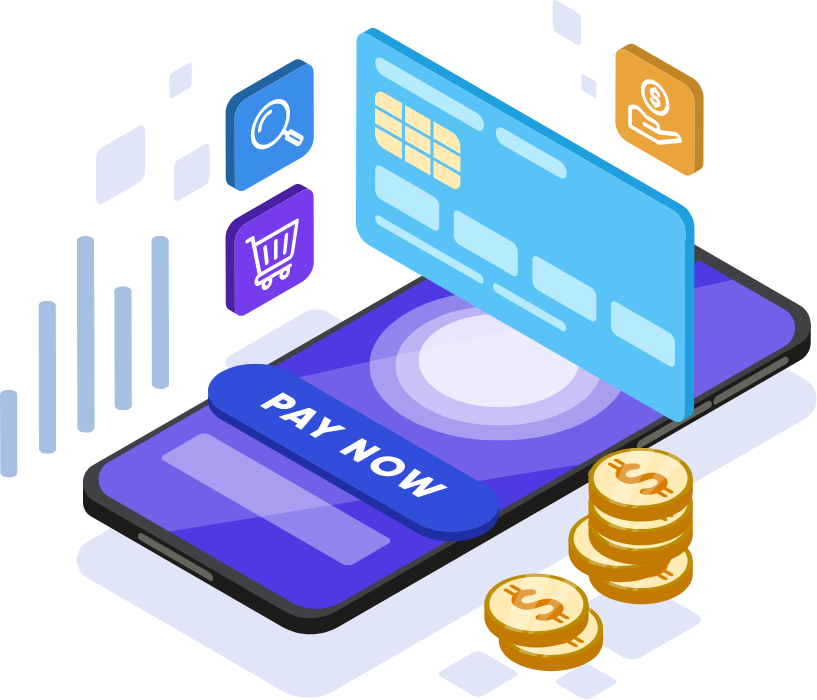AUTHOR : EMILY PATHAK
DATE : 22 – 09 – 2023
In today’s digital age, where online transactions have become the norm, payment gateways play a crucial role in facilitating seamless financial transactions. Whether you’re a business owner or an online shopper, understanding payment gateway charges[1] is essential. In this comprehensive guide[2], we will break down the intricacies of payment gateway charges, shedding light on their significance, structure, and how they impact both businesses and consumers[3].
Introduction
They are a critical aspect of online commerce[4], affecting both businesses and consumers alike. In this article, we will delve into the world of payment gateway charges[5], exploring what they are, how they work, and the various factors that influence their cost.
What Are Payment Gateways?
Payment gateways are digital systems that facilitate the transfer of money from a customer’s bank account or credit card to a merchant’s account. They act as intermediaries in online transactions, ensuring that payments are securely processed.
The Role of Payment Gateways
Payment gateways perform{1} several essential functions, including:
- Authorization: Verifying whether a customer has sufficient funds for a transaction.
- Encryption: Securing sensitive payment information during transmission.
- Transaction Routing: Directing payment data to the appropriate financial institutions.
Understanding Payment Gateway Charges
Payment gateway encompass{2} various fees associated with processing online payments. It’s essential to comprehend the different types of charges and how they are calculated to make informed decisions regarding payment gateways.

Types of Payment Gateway
The common types of payment gateway charges {3}include:
- Setup Fees: These are one-time they for integrating the payment gateway with your website{4} or platform.
- Transaction Fees: Fees incurred for each successful transaction processed.
- Monthly Fees: Recurring charges for using the they services.
- Cross-Border Fees: Extra charges for processing international transactions.
- Chargeback Fees: Fees imposed when customers dispute a transaction.
How Charges Are Calculated
They are typically calculated as a percentage of the transaction amount plus a fixed fee per transaction. The exact rates vary from one payment gateway provider to another.
Factors Influencing Payment Gateway Charges
Several factors can influence the cost of payment gateway charges. It’s crucial to consider these factors when selecting a payment gateway provider.
Transaction Volume
High-volume businesses often negotiate lower transaction fees with payment gateway providers due to their substantial transaction volumes.
Business Type
The nature of your business can impact the charges. High-risk businesses may face higher fees due to increased chargeback risks.
Geographic Reach
If your business operates globally, you may incur additional cross-border fees when dealing with international transactions.
Payment Methods Accepted
Accepting various payment methods, such as credit cards, e-wallets, or cryptocurrency, can influence your payment gateway charges.
Comparing Payment Gateway Providers
Choosing the right payment gateway provider is crucial for managing costs effectively. Compare providers based on their fee structures, features, and customer support.
Minimizing Payment Gateway Costs
Reducing payment gateway charges can boost your profitability. Here are some strategies to consider:
Negotiating Fees
Don’t hesitate to negotiate with payment gateway providers, especially if your business has a high transaction volume.
Opting for Flat Rate Pricing
Consider flat-rate pricing, where you pay a fixed percentage per transaction, as it can simplify cost management.
Monitoring and Managing Chargebacks
Implement robust fraud prevention measures to reduce chargebacks, which can lead to additional fees.
The Impact of Payment Gateway Charges on Businesses
High payment gateway charges can erode a business’s profit margins. Businesses should carefully assess and manage these charges to remain competitive.

The Impact of Payment Gateway on Consumers
Consumers indirectly bear the cost of payment gateway charges through increased product prices. Understanding these charges empowers consumers to make informed purchasing decisions.
Ensuring Security in Online Transactions
Payment gateway charges are not just about costs; they also reflect the level of security provided. Payment Card Industry Data Security Standard (PCI DSS) compliance is essential to protect both businesses and consumers from data breaches.
PCI DSS Compliance
Compliance with PCI DSS standards ensures that sensitive payment data is handled securely, reducing the risk of data breaches and fraud.
Future Trends in Payment Gateway
As technology evolves, payment gateway charges may undergo changes. Stay informed about industry trends and innovations to adapt your payment strategies accordingly.

The Complexity of Payment Gateway Charges
Payment gateway charges can often seem convoluted due to their various components and the different pricing models adopted by providers. It’s not uncommon for businesses to feel overwhelmed when trying to decipher their monthly statements. However, breaking down these charges into their core elements can provide clarity.
Navigating the Payment Gateway Landscape
Choosing the right payment gateway provider is a pivotal decision for businesses. Factors such as your transaction volume, business type, and geographic reach should influence your choice. Navigating this terrain effectively involves the following steps:
Evaluating Transaction Volume
If your business processes a high volume of transactions, you’re in a good position to negotiate lower transaction fees. Payment gateway providers are often willing to offer more competitive rates to high-volume businesses.
Assessing Business Type
Consider the nature of your business. High-risk industries, such as online gambling or adult content, may face higher payment gateway due to their increased potential for chargebacks and fraud. It’s essential to find a payment gateway that aligns with your industry.
Understanding Geographic Reach
If your business operates globally, you’ll need a payment gateway that can handle international transactions efficiently. Be prepared for additional cross-border fees, and ensure that your chosen provider supports multiple currencies.
Embracing Payment Method Diversity
The payment methods you accept can also influence your payment gateway charges. Some providers may charge more for processing credit card payments compared to digital wallets or bank transfers. Consider the preferences of your target audience when deciding which payment methods to support.
The Impact on Businesses
For businesses, managing payment gateway charges effectively can be a game-changer. High charges can eat into profit margins, particularly for small and medium-sized enterprises. As competition in the online marketplace intensifies, understanding and optimizing these charges can make your business more competitive and profitable.
The Consumer Perspective
From a consumer’s viewpoint, payment gateway charges may not be immediately apparent, but they do play a role in the overall cost of goods and services. Merchants often factor in these charges when setting prices, which means that consumers indirectly contribute to them. Being aware of these charges can help consumers make informed purchasing decisions.

The Future of Payment Gateway Charges
As technology continues to evolve, the landscape of payment gateway charges is likely to change as well. Innovations such as blockchain technology and cryptocurrencies may influence how payments are processed and charged. Staying informed about industry trends can help businesses adapt to these changes effectively.
Conclusion
Payment gateway charges are a fundamental aspect of online commerce that impacts businesses and consumers. By understanding the types of charges, their calculation methods, and how to minimize them, you can make informed decisions about payment gateway providers. Additionally, prioritizing security through PCI DSS compliance is crucial in an increasingly digital world.
FAQs
1. What is a payment gateway?
A payment gateway is a digital system that facilitates online transactions by securely transferring money from a customer’s account to a merchant’s account.
2. How are payment gateway charges calculated?
Payment gateway charges are typically calculated as a percentage of the transaction amount plus a fixed fee per transaction.
3. Can I negotiate payment gateway fees?
Yes, many payment gateway providers are open to fee negotiations, especially for businesses with high transaction volumes.
4. Are there any alternatives to traditional payment gateways?
Yes, alternative payment methods such as digital wallets and cryptocurrency are gaining popularity as alternatives to traditional payment gateways.
5. What is PCI DSS compliance, and why is it important?
PCI DSS compliance refers to adhering to security standards to protect payment data. It is crucial as it helps prevent data breaches and fraud, safeguarding both businesses and consumers.





